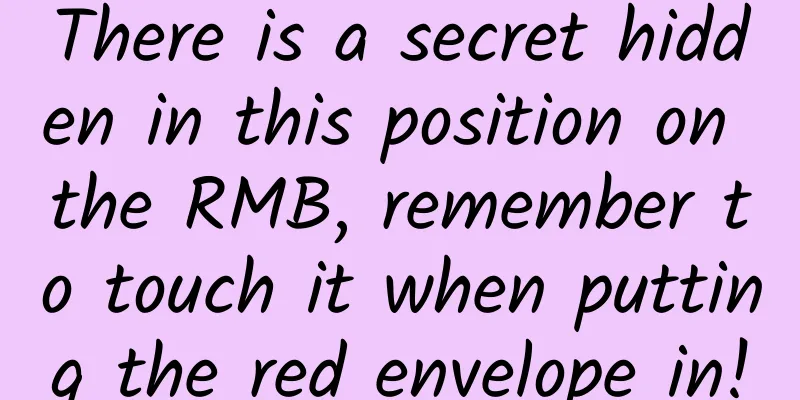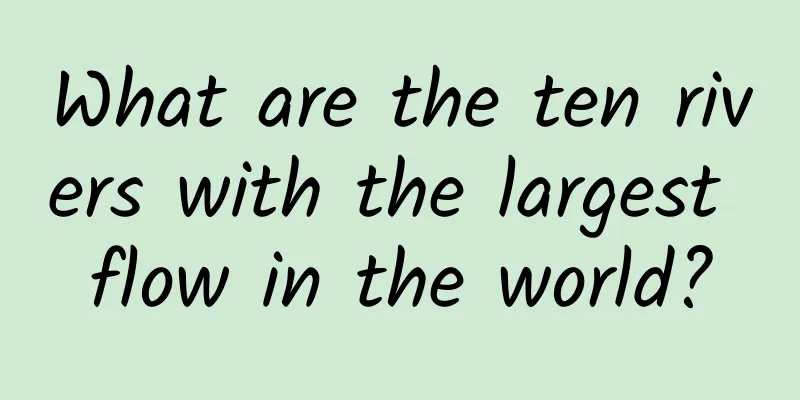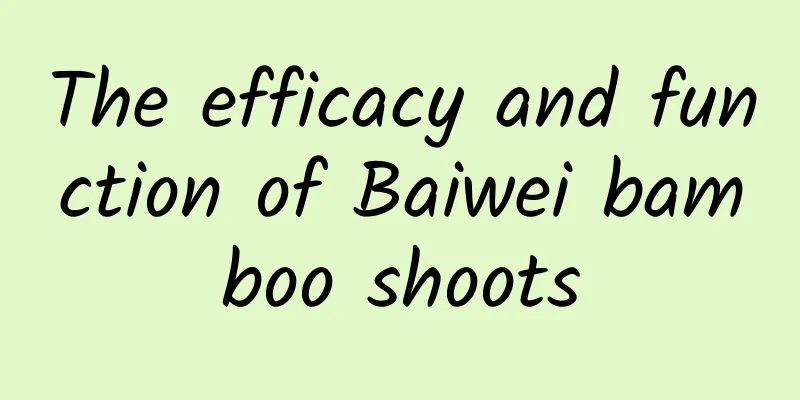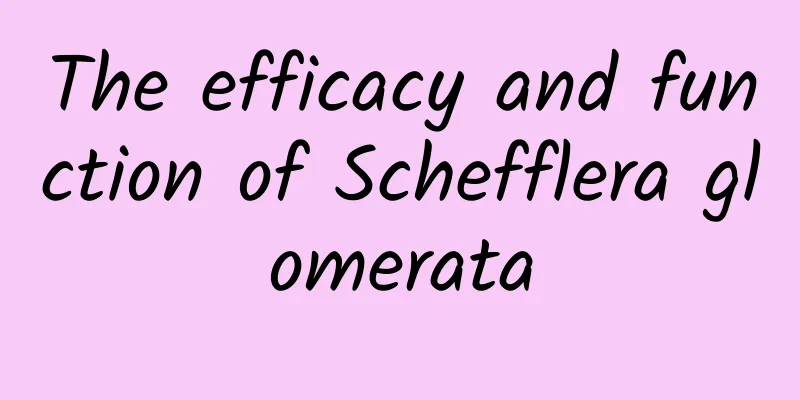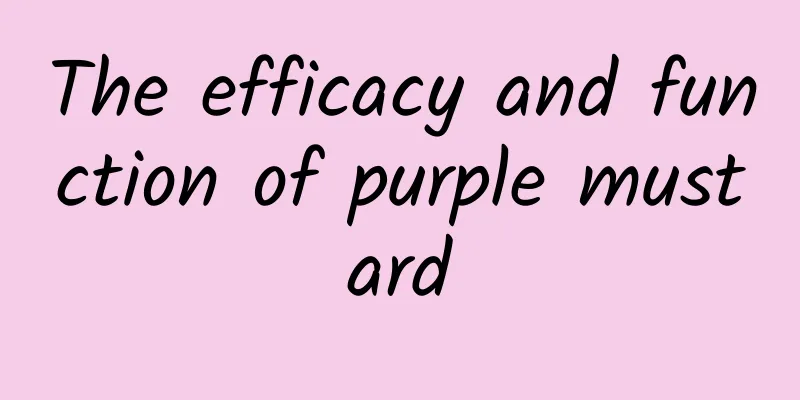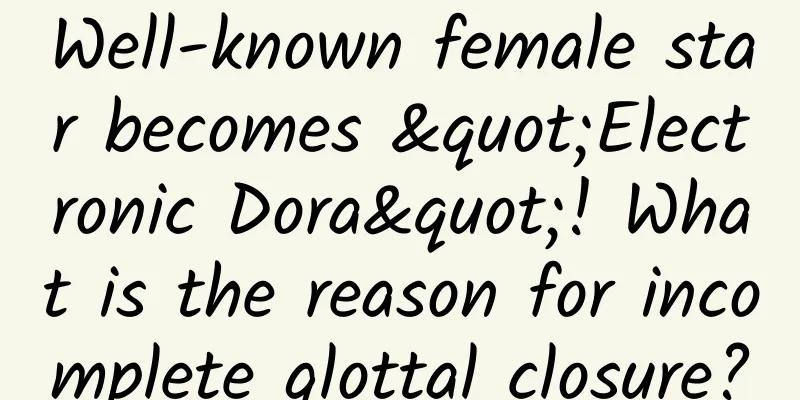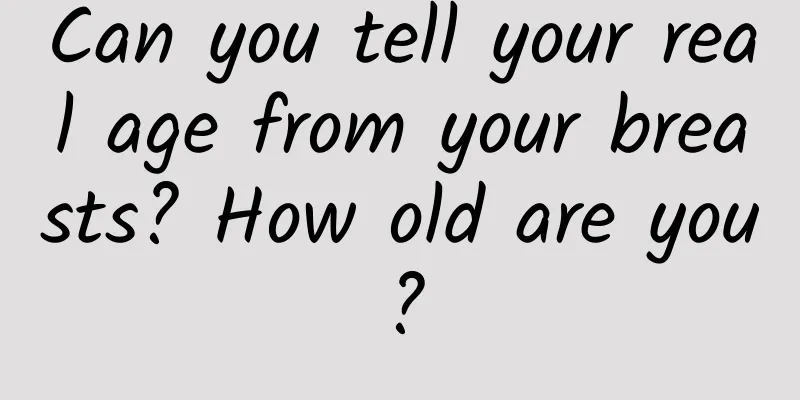What is the difference between Zhishi and Zhishi?
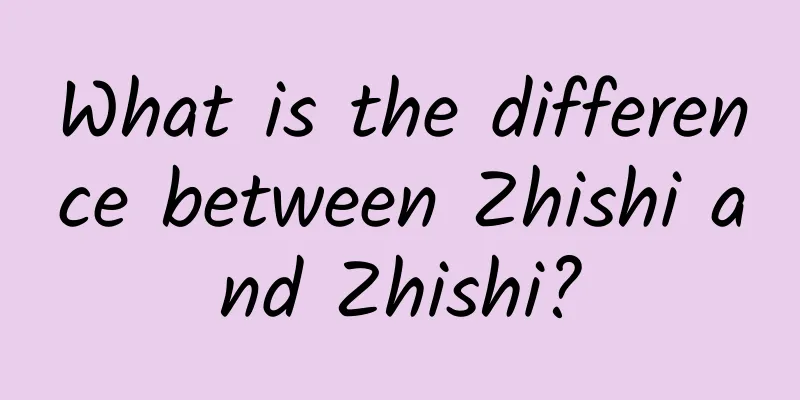
|
Citrus aurantium and Citrus aurantium fructus are two common traditional Chinese medicines in daily life. Their medicinal value is very high and they can effectively treat and improve some physical diseases. However, there are certain differences between Citrus aurantium and Citrus aurantium fructus. The two have different medicinal properties and treat different diseases. Generally, Citrus aurantium can treat constipation or intestinal diseases, while Citrus aurantium fructus can have an appetizing effect. Differences between Citrus aurantium and Citrus aurantium The main effects of Citrus aurantium are breaking up qi, removing phlegm, and eliminating accumulation. It is used to treat phlegm stagnation in the chest and diaphragm, chest fullness, flank distension, food stagnation, belching, vomiting, heaviness after diarrhea, rectal prolapse, and uterine prolapse. "Material Treatise": It is used to treat rashes all over the body, itching in the skin like numbness, intestinal wind and hemorrhoids, gas stagnation in the heart and abdomen, bloating and emptying in the flanks, and obstruction in the diaphragm. "Bencao Gangmu" (Bencao Gangmu): Strengthens the spleen and appetite, regulates the five internal organs, reduces gas, stops vomiting, and eliminates phlegm. It can treat nausea, cholera, diarrhea, help digestion, break up knots and lumps, treat five types of diaphragmatic qi, eliminate wind and improve eyesight, and treat pulmonary edema, benefit the large and small intestines, and itchy skin. Hemorrhoids can be treated with heat and ironing. "Kaibao Materia Medica": It is used to treat wind itching and paralysis, clear the joints, relieve cough due to fatigue, stuffy back and shoulders, disperse stagnation of phlegm in the chest and diaphragm, expel water, eliminate bloating and fullness, wind in the large intestine, calm the stomach, and stop pain caused by wind. "Pearl Capsule": breaks up qi and releases harmful qi in the lungs. "The Origin of Medicine": "The Secret of Main Treatment" says that it can break up the hard mass under the heart, benefit the chest, resolve phlegm, and help digestion. "Compendium of Materia Medica": Treats tenesmus and heaviness in the lower abdomen. "Modern Practical Chinese Medicine": Treats cough, edema, constipation, uterine prolapse, and rectal prolapse. The main effects of Zhishi include internal stagnation; fullness and pain in the abdomen; constipation; heaviness after diarrhea; chest congestion; gastroptosis; uterine prolapse; and rectal prolapse. Both Zhishi and Houpo can treat constipation caused by food stagnation and eliminate visible fullness. They can also treat damage caused by dampness in the middle and disperse invisible dampness. However, the bitter bitter Citrus aurantium has a downward force and is sharp and powerful. It is especially good at expelling old food and relieving constipation. It is excellent in treating fullness and distension. The bitter bitter Citrus aurantium has a sharp force when used raw, while the force is slow when fried. Magnolia officinalis is bitter, warm, and can dry dampness. It has a strong ability to dispel fullness and is good at drying dampness and resolving phlegm. It is excellent in treating dampness and fullness. Magnolia officinalis and Citrus aurantium are often used together to promote qi and relieve stagnation, but Magnolia officinalis is bitter and pungent in nature, with a slow effect in promoting qi, is good at drying dampness and dispersing fullness, and can also relieve gas and asthma; Citrus aurantium is bitter and cold in nature, with a strong effect in breaking up qi, is good at resolving phlegm and eliminating abdominal distension, and has the effect of eliminating accumulation and relieving stagnation. Both Zhishi and Zhike are fruits, and are distinguished according to their age. The two have similar effects, but Zhishi is stronger and Zhike is weaker. Zhishi is often used to break up qi and eliminate abdominal distension, eliminate accumulation and relieve stagnation; Zhike is often used to regulate qi, relieve fullness, eliminate bloating and relieve fullness. Citrus aurantium and Citrus aurantium are originally the same thing with similar effects. However, Citrus aurantium is small and bitter and acts quickly, while Citrus aurantium is large and mild and slow. Therefore, if the qi is in the chest, use Citrus aurantium; if the qi is below the chest, use Citrus aurantium. If the qi is stagnant, use Zhi Ke; if the qi is strong, use Zhi Shi. There are differences within the similarities. The pharmacological effects of Citrus aurantium are: chest fullness; flank pain; indigestion; abdominal distension; heaviness after diarrhea; rectal prolapse; uterine prolapse. Citrus aurantium is the immature fruit of Citrus aurantium, which has a relatively strong qi-moving power and is clinically called a qi-breaking drug. Therefore, for generally thin people, or those with general qi stagnation, Zhi Ke is often used, while for strong people, or those with severe qi stagnation and lumps in the body, Zhi Shi is generally chosen. No effect on liver and kidneys. There are no toxic side effects. |
<<: How long does it take for a fetus to have cerebral palsy if it is lack of oxygen?
>>: Does Panax notoginseng lower blood lipids?
Recommend
What is Gorgon Fruit?
What is Gorgon fruit? Our country is a vast count...
What are the medicinal values of yellow grass
Many people don’t know much about Gan Huang Cao. ...
What is the core of what Liu Genghong said? Don’t wait until you get hurt to understand!
Mixed Knowledge Specially designed to cure confus...
Hawthorn yogurt exported to the United States is labeled with a "cancer warning". Is this snack still edible?
Recently, in a hotly circulated content, a big &q...
Natural glass fiber was found in the lunar soil samples of Chang'e-5. Is there anything to look forward to in the future of "lunar infrastructure"?
Glass is a very common substance on Earth. From w...
The efficacy and function of plum leaves
I wonder if you have ever heard of plum leaves. P...
Webb telescope's more precise observations make scientists more confused about the expansion of the universe
Our universe is expanding, and an important "...
Why do many car front windows have slanted windows? What are the little black dots on the windows used for?
now Cars have entered thousands of households Fro...
Original, pure, and magnificent! Explore China's least-known "no man's land"
Human civilization spreads across all continents ...
Who can't drink wolfberry bud tea?
Wolfberry bud tea is a relatively common plant Ch...
The efficacy and function of Artemisia argyi and Acorus calamus
Many people are not familiar with Artemisia argyi...
Confession of the first-class protected animal "Six-Unlike" Takin: We are cute and gentle, but...
Expert: Guo Geng, Researcher, Beijing Biodiversit...
The efficacy and function of the root of the Chinese thorn
Traditional Chinese medicine is a Chinese traditi...
Be careful! If you see them, show zero tolerance!
Recently, the alligator gar in Ruzhou, Henan Prov...
